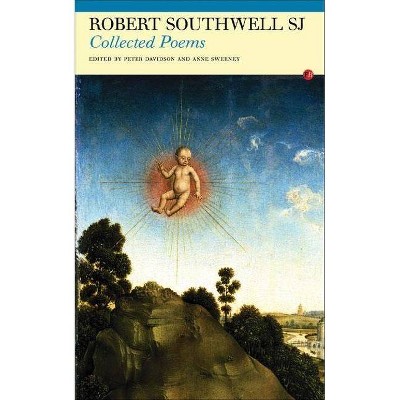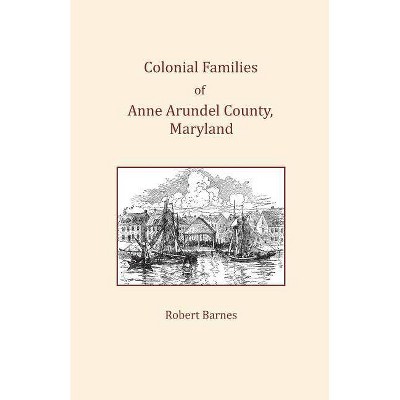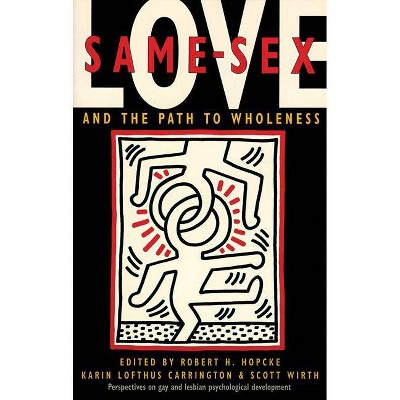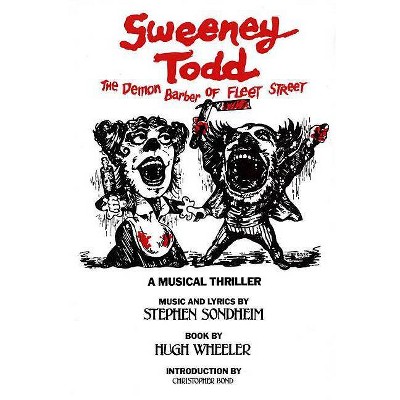Robert Southwell - by Anne R Sweeney (Paperback)
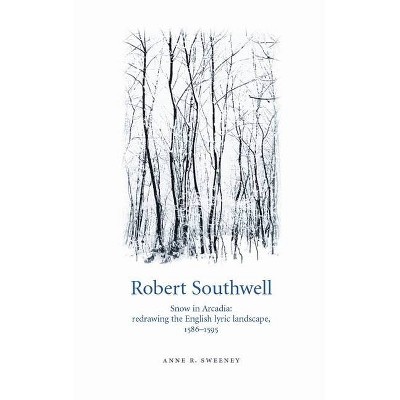
Similar Products
Products of same category from the store
AllProduct info
<p/><br></br><p><b> About the Book </b></p></br></br>Robert Southwell's poetic view of Spenser's, Signey's and Shakespeare's England is a cold one. This book close reads and contextualises his lighter lyric poetry and its connections to English recusant culture from the music of Willian Bryd to the coded embroideries of Mary Queen of Scots.<p/><br></br><p><b> Book Synopsis </b></p></br></br>It has traditionally been held that Robert Southwell's poetry offers a curious view of Elizabethan England, one that is from the restricted perspective of a priest-hole. This book dismantles that idea by examining the poetry, word by word, discovering layers of new meanings, hidden emblems, <br>and sharp critiques of Elizabeth's courtiers, and even of the ageing queen herself. <p/>Using both the most recent edition of Southwell's poetry and manuscript materials, it addresses both poetry and private writings including letters and diary material to give dramatic context to the radicalisation of a generation of Southwell's countrymen and women, showing how the young Jesuit<br>harnessed both drama and literature to give new poetic poignancy to their experience. <p/>Bringing a rigorously forensic approach to Southwell's 'lighter' pieces, Sweeney can now show to what extent Southwell engaged exclusively through them in direct artistic debate with Spenser, Sidney, and Shakespeare, placing the poetry firmly in the English landscape familiar to Southwell's<br>generation. Those interested in early modern and Elizabethan culture will find much of interest, including new insights into the function of the arts in the private Catholic milieu touched by Southwell in so many ways and places.<br><p/><br></br><p><b> From the Back Cover </b></p></br></br>It has traditionally been held that Robert Southwell's poetry offers a curious view of Elizabethan England, one that is from the restricted perspective of a priest-hole. This book dismantles that idea by examining the poetry, word by word, discovering layers of new meanings, hidden emblems, and sharp critiques of Elizabeth's courtiers, and even of the ageing queen herself. Using both the most recent edition of Southwell's poetry and manuscript materials, it addresses both poetry and private writings including letters and diary material to give dramatic context to the radicalisation of a generation of Southwell's countrymen and women, showing how the young Jesuit harnessed both drama and literature to give new poetic poignancy to their experience. Bringing a rigorously forensic approach to Southwell's 'lighter' pieces, Sweeney can now show to what extent Southwell engaged exclusively through them in direct artistic debate with Spenser, Sidney, and Shakespeare, placing the poetry firmly in the English landscape familiar to Southwell's generation. Those interested in early modern and Elizabethan culture will find much of interest, including new insights into the function of the arts in the private Catholic milieu touched by Southwell in so many ways and places.<p/><br></br><p><b> Review Quotes </b></p></br></br><br>This study of Southwell takes the reader deep beneath the richly paradoxical world of the poems and their striking contrasts...Anne Sweeney has made us see not dusty relics but living poems.<br><p/><br></br><p><b> About the Author </b></p></br></br><br>Anne R. Sweeney taught English at Lancaster University. Her interests included renaissance art and literature and writing poetry<br>
Price History
Price Archive shows prices from various stores, lets you see history and find the cheapest. There is no actual sale on the website. For all support, inquiry and suggestion messagescommunication@pricearchive.us
